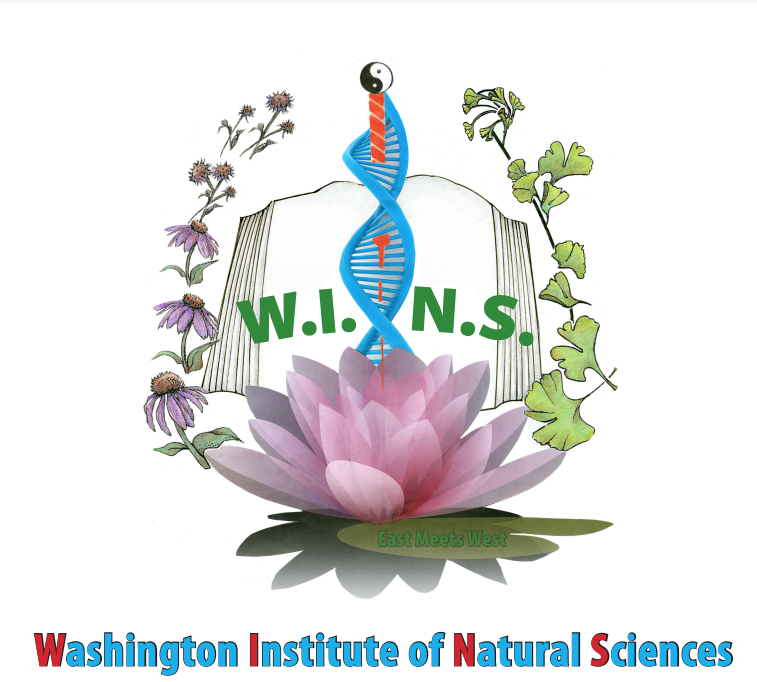
Research Institute of Life Sciences
-
Commitment to excellence
The Institute will be founded upon an unwavering commitment to excellence, compassion and truthfulness. It will be a place where east meets west. Founded by Dr. Vincent Shu, a board-certified Internist/Geriatrician/Cardiologist trained in both eastern and western medicine recognized that education in Traditional Chinese Medicine (TCM) is at all times heavily linked to classical writings, in particular the Yellow Emperor’s Internal Canon written thousands of years ago. While accepting the importance of the knowledge contained in such classical Chinese writings, he found that, the greatest hurdle for western-trained scientists and/or clinicians with a firm foundation in western bio-sciences when studying TCM was not simply access to the knowledge, but also the ability to explore and model the Chinese way of thinking of Yin-Yang and “five elements” theories. He believed that using the common language of western bioscience to conceptualize the theory of TCM could be the path to address this issue.
-
East Meets West
The W.I.N.S. Research Institute for Life Sciences will, through western-recognized modalities, natural life sciences, and integrative medicine endeavor to investigate, validate, and potentially transform the knowledge and properties around acupuncture and herbal medicine as they have evolved through five thousand years of tradition. Our Research Institute for Life Sciences, using this approach, will offer a depth of knowledge and instruction to potential practitioners and students that is simply not available at any other school of Acupuncture and Chinese Herbal Medicine in North America.
-
Initial Research Project
We seek to answer the following question with our first research project: Can acupuncture improve the clinical outcomes of cancer patients who develop chemotherapy-induced cardiotoxicity? Grants and donations would fund a thorough review of background problems and issues by reviewing existing literature and studies on the subject, in addition to a prospective pilot outcome study using Longitudinal Strain (GLS) and Mechanical Dispersion Index. The data-driven outcome study/research project would include a randomized, double-blind, placebo-controlled, crossover study in healthy subjects using a common Chinese Herbal Formula to study the flow cytometry and cDNA expression arrays to assess immune functions and gene expression.
four key questions
Despite the recent economic downturn, American consumers have been spending approximately 34 billion dollars per year for “Alternative Medicines” claiming to be “secret remedies of thousand(s) of years". As consumers, we have legitimate reasons to question the presence of evidence-based data to support such usage, for example:
Are western medicine approaches to new drug discovery superior to those of eastern medicine?
With the advent of new fast and relatively inexpensive DNA sequencing technology making personalized medicine a real possibility, can either western or eastern medicines favorably modify the behavior of genetic profiles sufficiently to prevent or modify the expression of certain diseases?
Can a retirement community model for green land and natural beauty conservation evolve into one that drives younger generations to accomplish the same goals?
Can we re-shape our future to retain our children by developing local careers engaged in solving growing national issues in healthcare, environment, and green energy?

